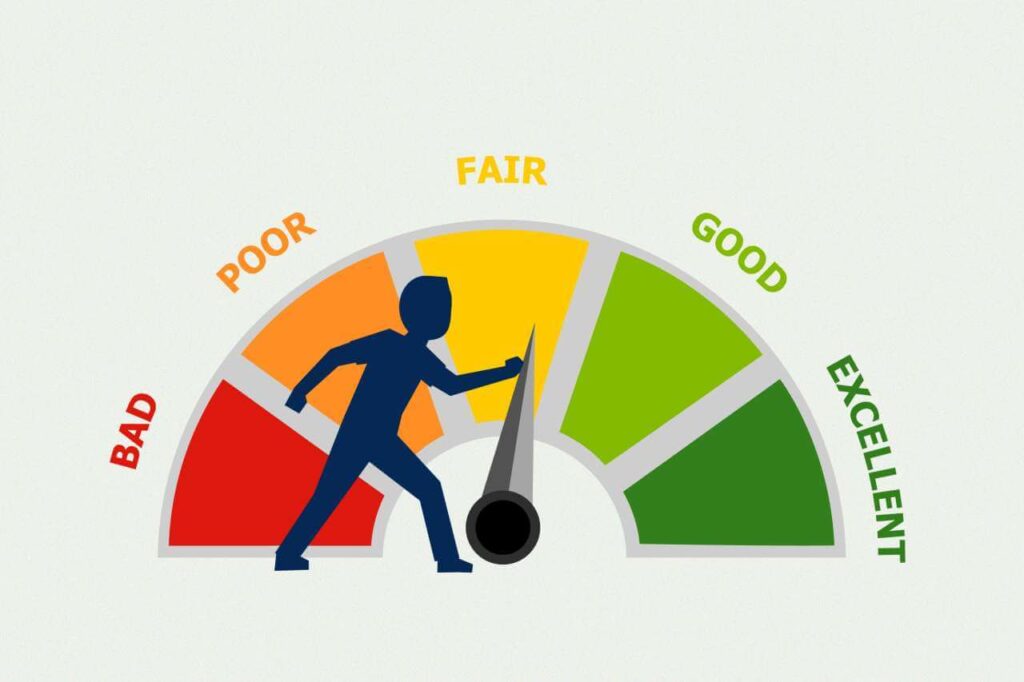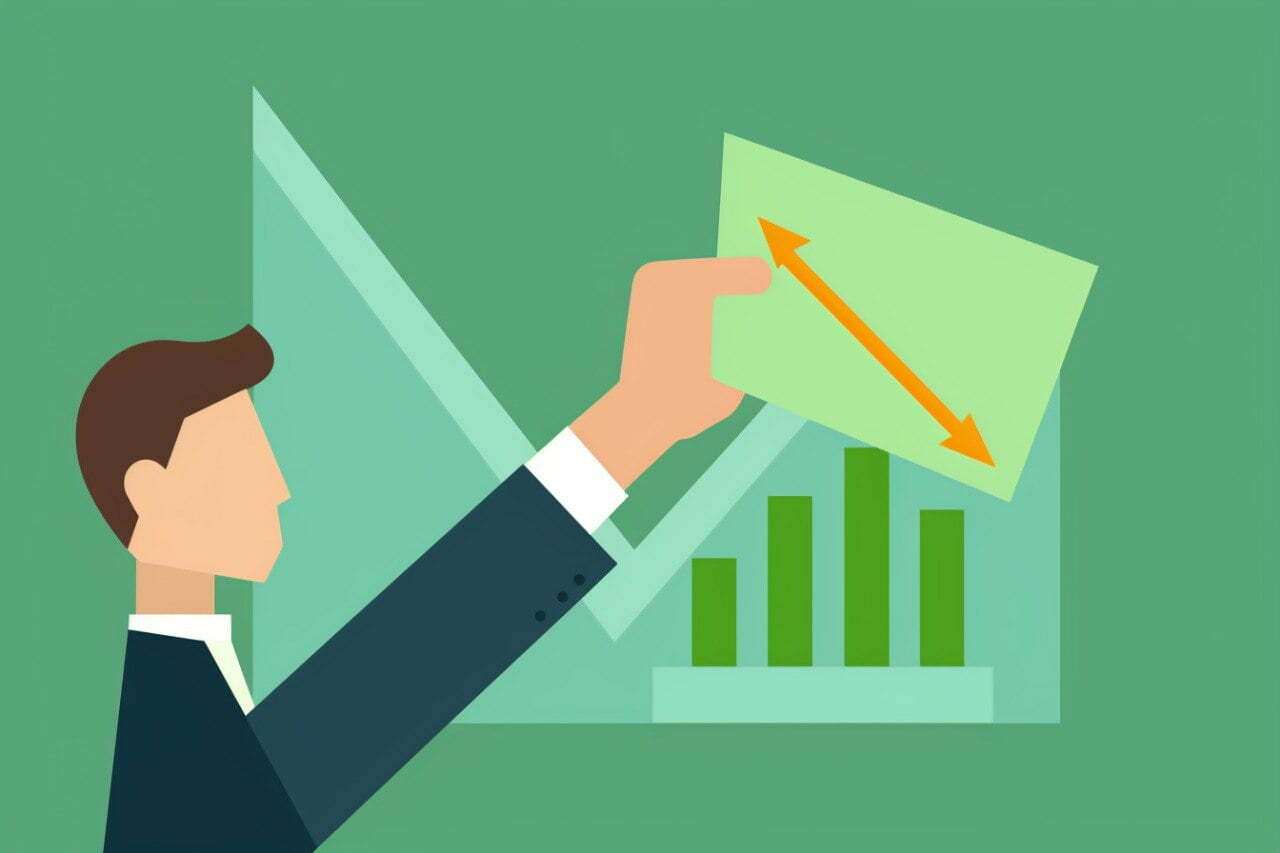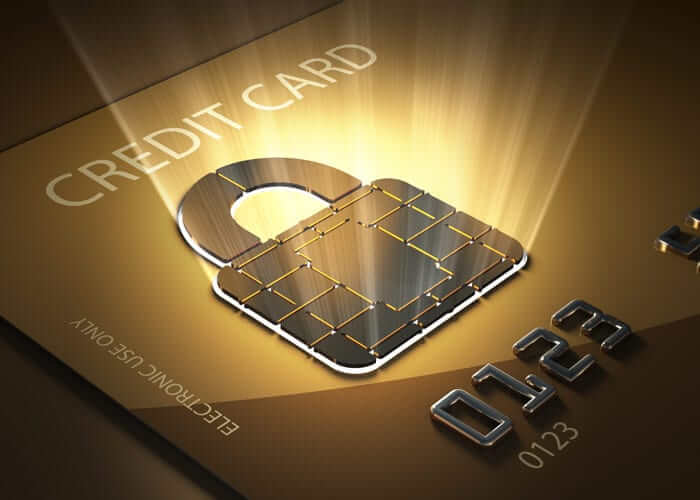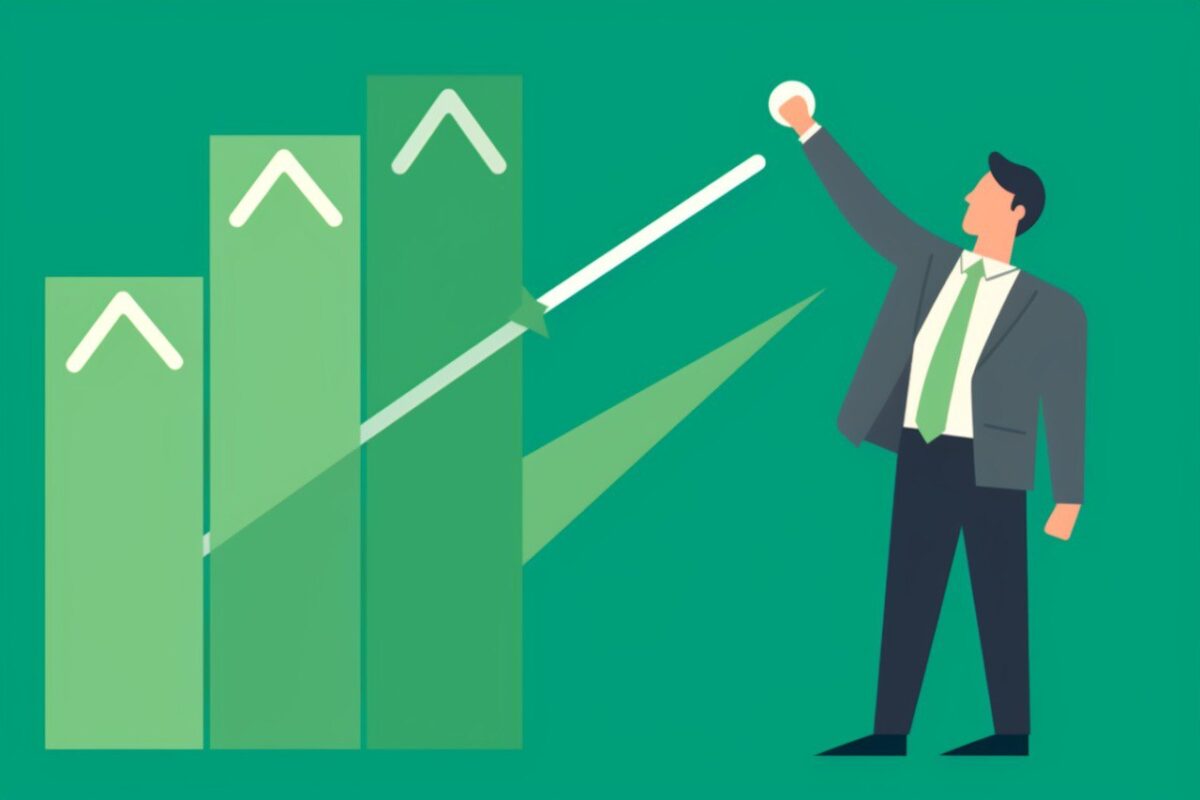How To Build Your Credit From Scratch – Credit Cards Can Help
Are you just starting out in the world of credit? Building your credit from scratch can be a daunting task, but fear not!
One tool that can help you on this journey is none other than a credit card. Yes, you read that right using a credit card responsibly can actually benefit your credit score and get you started on the path to financial stability.
Now, I know what you might be thinking: “Credit cards are risky and lead to debt!” But hear me out. When used correctly, credit cards can actually build up your credit history and prove to lenders that you are capable of managing credit.
In this article, we’ll explore how to choose the right type of card for building credit, as well as tips for using it wisely and avoiding common pitfalls.
So grab a cup of coffee (or tea!) and let’s dive into the world of building your credit with the help of a trusty old plastic card.
Importance Of Building Credit
Building credit is like planting a seed in the ground. You may not see immediate results, but over time it will grow into something strong and flourishing.
The importance of building credit cannot be overstated. It opens up doors to financial stability and sets you up for success when it comes to loan approval and creditworthiness.
The benefits of credit building are numerous. Having good credit means lower interest rates on loans, which can save you thousands of dollars over time. It also gives lenders confidence that you’re responsible with your finances, making them more likely to approve you for larger loans or lines of credit.
Without proper attention paid to building your credit from scratch, achieving financial freedom could become an arduous task.
By taking control of your finances early on and establishing good habits around spending and paying bills on time, you set yourself up for long-term success both personally and financially.
Understanding Your Credit Score

One of the most significant factors in determining your credit score is your credit utilization. This refers to the percentage of available credit that you use each month; ideally, you want this number to be below 30%.
Keeping your balance low and paying off your statement balance in full each month can help keep your utilization rate in check.
Another key factor that impacts your credit score is the accuracy of your credit report. It’s essential to review your report regularly for errors or fraudulent activity that could negatively impact your score.
Additionally, the length of time you’ve had a credit history plays a role in calculating your score – so don’t close old accounts unless necessary.
Lastly, having a diverse mix of credits like loans, mortgages, and other types of lines open will improve your overall score as multiple forms of responsible borrowing demonstrate financial stability.
Non-Credit Card Ways To Build Credit
What if you don’t have a credit card yet? Don’t worry, there are other ways to establish credit without one.
One option is to look into credit builder loans. Types of loans are designed specifically for people who want to build their credit history. But may not qualify for traditional loans due to their lack of credit history or poor credit scores.
The way they work is that the lender will hold onto the loan amount while you make payments on it each month.
Once the loan has been paid off in full. You’ll receive the money! The payment history will be reported to the major credit bureaus. Helping boost your credit score.
Another way to build credit is by having your rent payments reported to the credit bureaus through rent reporting services like Rental Kharma or RentTrack.
By doing this, your on-time rental payments can positively impact your credit score just as much as making timely payments on a credit card would. Paying utility bills on time can also help establish a positive payment history.
If neither of these options works for you, consider applying for a personal loan with a co-signer or becoming an authorized user on someone else’s account (with their permission).
Both of these strategies can help add positive information about your financial responsibility to your own report.

Building Credit With Secured Credit Cards
Secured credit cards require a deposit upfront that serves as your credit limit. The amount you deposit will determine your spending power and help you stay within the recommended 30% credit utilization ratio.
Your payment history plays a crucial role in determining your overall creditworthiness factors, so be sure to make on-time payments each month.
Credit monitoring is important when working towards improving your credit score. Keeping track of changes in your report helps you identify any errors and allows you to take corrective action quickly.
By regularly checking on your progress, you’ll gain confidence in managing your finances responsibly and feel motivated to continue building good financial habits.
With patience and persistence, using secured credit cards wisely can lead to an improved credit score over time – setting you up for future financial success!
Choosing The Right Secured Credit Card
When it comes to building credit from scratch, secured credit cards are often the best option. However, not all secured credit cards are created equal.
To choose the right one for you, start by looking at the application requirements. Some have strict criteria that may be difficult to meet if you’re just starting out.
Next, compare interest rates and fees between different secured credit card options. While they will likely be higher than those of unsecured cards, some companies charge more than others. Consider factors such as the credit limit and whether it can be increased over time with responsible use.
It’s also important to understand the difference between secured and unsecured credit cards. Secured cards require a deposit upfront in exchange for a line of credit while unsecured ones do not.
This means that secured cards can help build your credit score faster because they report to credit bureaus like any other type of credit card. Be sure to familiarize yourself with the reporting process so that you know what actions on your part will positively or negatively impact your score.
Tips For Building Credit With A Secured Credit Card

Have you ever heard the story of the tortoise and the hare? The speedy hare believed he could easily win a race against the slow-moving tortoise, but in the end, it was the steady pace of the tortoise that brought him to success. Building credit is much like this race – slow and steady wins the game.
One way to build credit at a steady pace is through a secured credit card. Secured cards require a cash deposit upfront which acts as collateral for your purchases. These cards are specifically designed for individuals with little or no credit history, making them ideal for those starting from scratch.
When using a secured card, it’s important to keep in mind several key factors that can impact your credit score.
-
- Check on any secured card requirements before applying.
-
- Make sure to keep your credit utilization low by only charging what you can afford to pay off each month. Always aim to make payments on time since payment history accounts for 35% of your overall credit score.
-
- Finally, monitor your spending habits closely so that you don’t exceed your credit limits and incur additional fees.
The Risks Of Building Credit With Credit Cards
Building credit with credit cards can be a great way to establish your credit history, even if you’re starting from scratch. However, it’s important to understand the potential risks involved and how to manage them effectively.
Firstly, one of the most important factors that affect your credit score is your credit utilization ratio – or in other words, how much of your available credit limit you are using. Stay below 30% in order to avoid negatively impacting your score. The lower the better!
By paying attention to this metric and keeping your spending within reasonable limits, you can build up a positive payment history over time that demonstrates responsible use of credit.
Another key consideration when building credit with credit cards is interest rates. Depending on the card and your personal financial situation, these rates can vary widely and have a significant impact on the cost of borrowing.
To minimize these costs, it’s essential to pay off balances in full each month whenever possible – not only will this save you money on interest charges but it will also help improve your overall creditworthiness by demonstrating consistent repayment habits.
Here are some tips for building strong credit with credit cards:
-
- Use auto-pay features where possible to ensure timely payments
-
- Keep an eye on fees associated with different types of cards (annual fees vs rewards programs)
-
- Request periodic increases in your available credit limit once you’ve established a track record of responsible use
-
- Avoid opening too many new accounts at once
-
- Monitor all activity closely for signs of fraud or identity theft
The key is patience and persistence, along with a willingness to learn from mistakes and make adjustments as needed in order to stay on track towards long-term financial success.
Frequently Asked Questions
Can I Build Credit Without A Credit Card?
Building credit without a credit card may seem impossible, but there are other options available.
Secured loans, such as a car or home equity loans, can be used to establish credit by making consistent payments over time. Rent payments can also contribute to building credit if reported to the major credit bureaus.
Becoming an authorized user on someone else’s credit card can provide positive payment history and boost your score.
Another option Credit builder loans specifically designed for those with no credit. Your required to make regular payments that are reported to the credit bureaus.
How Long Does It Take To Build Credit From Scratch?
One of the best ways is by taking out credit builder loans or secured credit cards, which allow you to make small purchases and pay them off in full every month. Credit monitoring services can help keep track of your progress and alert you to any unexpected changes in your score.
What Is Considered A Good Credit Score?
Generally speaking, a FICO score above 700 is seen as good by many lenders, but some may require at least 750 or even higher.
Factors affecting your credit score include payment history, amounts owed, length of credit history, new credit inquiries, and types of credit used.
It’s important to monitor your credit score regularly and check for errors or fraudulent activity.
Will Applying For Multiple Credit Cards Hurt My Credit Score?
Well, the answer is yes and no.
Applying for several cards at once can lower your approval rates and even decrease your credit score temporarily due to hard inquiries on your report.
However, having multiple cards can also increase your credit card limits and reward potential while helping you establish a solid payment history. Just be mindful of any potential fees that come with each card and choose wisely based on your financial goals.
In short, it’s all about balance when it comes to using credit cards to build up your credit profile.
So go ahead and apply strategically!
Wrap Up
Building credit from scratch can seem daunting at first, but there are steps you can take to establish a good credit score. While it is possible to build credit without a credit card, utilizing one responsibly can be an effective way to start.
It’s important to remember that building credit takes time and patience, so don’t expect overnight results.
One interesting statistic is that according to Experian, the average FICO® Score in the United States reached an all-time high of 703 in 2019. This shows that more people are taking their credit seriously and working towards improving their scores.
Remember, every little bit helps when it comes to building your credit from scratch!
Building Credit With Bad Credit
As I mentioned earlier, using a secured credit card is an excellent way to build your credit from scratch. But what if you have bad credit? Don’t worry; there are still ways for you to improve it.
-
- One option is to apply for a credit builder loan. These loans are specifically designed to help people with poor or no credit history establish and improve their credit scores.
To make the most out of this opportunity, ensure that you make all payments on time every month. This will demonstrate that you’re responsible when it comes to managing money and paying off debts.
-
- Consider enlisting the help of a credit counseling service or debt management program if you’re struggling to keep up with payments or need guidance on building better financial habits.
-
- Another approach that can work well is utilizing alternative credit data. This includes information such as rental payment history, utility bills, and other non-financial transactions that aren’t typically reported to the major credit bureaus.
Building Credit At A Young Age
Starting early is one of the best ways to build a strong credit score. If you are young and just starting out, there are many things that you can do to establish your creditworthiness.
First and foremost, it’s important to educate yourself about personal finance. Understanding how money works and learning responsible spending habits will help set you up for success down the road.
Another thing that can be incredibly helpful when building your credit at a young age is parental support. Having parents who are financially savvy themselves can make all the difference in ensuring that you start off on the right foot when it comes to managing your finances. They may be able to offer guidance on budgeting or even co-sign on a loan or credit card application if needed.
Ultimately, establishing good financial habits early on can go a long way toward building a solid foundation for your future financial health. While using credit cards responsibly can certainly be part of this strategy, it’s important to remember that they come with risks as well.

The Risks Of Building Credit With Credit Cards
Building credit with credit cards can be a great way to establish your credit history, even if you’re starting from scratch. However, it’s important to understand the potential risks involved and how to manage them effectively.
Firstly, one of the most important factors that affect your credit score is your credit utilization ratio – or in other words, how much of your available credit limit you are using. Stay below 30% in order to avoid negatively impacting your score. The lower the better!
By paying attention to this metric and keeping your spending within reasonable limits, you can build up a positive payment history over time that demonstrates responsible use of credit.
Another key consideration when building credit with credit cards is interest rates. Depending on the card and your personal financial situation, these rates can vary widely and have a significant impact on the cost of borrowing.
To minimize these costs, it’s essential to pay off balances in full each month whenever possible – not only will this save you money on interest charges but it will also help improve your overall creditworthiness by demonstrating consistent repayment habits.
Here are some tips for building strong credit with credit cards:
-
- Use auto-pay features where possible to ensure timely payments
-
- Keep an eye on fees associated with different types of cards (annual fees vs rewards programs)
-
- Request periodic increases in your available credit limit once you’ve established a track record of responsible use
-
- Avoid opening too many new accounts at once
-
- Monitor all activity closely for signs of fraud or identity theft
The key is patience and persistence, along with a willingness to learn from mistakes and make adjustments as needed in order to stay on track towards long-term financial success.
Frequently Asked Questions
Can I Build Credit Without A Credit Card?
Building credit without a credit card may seem impossible, but there are other options available.
Secured loans, such as a car or home equity loans, can be used to establish credit by making consistent payments over time. Rent payments can also contribute to building credit if reported to the major credit bureaus.
Becoming an authorized user on someone else’s credit card can provide positive payment history and boost your score.
Another option Credit builder loans specifically designed for those with no credit. Your required to make regular payments that are reported to the credit bureaus.
How Long Does It Take To Build Credit From Scratch?
One of the best ways is by taking out credit builder loans or secured credit cards, which allow you to make small purchases and pay them off in full every month. Credit monitoring services can help keep track of your progress and alert you to any unexpected changes in your score.
What Is Considered A Good Credit Score?
Generally speaking, a FICO score above 700 is seen as good by many lenders, but some may require at least 750 or even higher.
Factors affecting your credit score include payment history, amounts owed, length of credit history, new credit inquiries, and types of credit used.
It’s important to monitor your credit score regularly and check for errors or fraudulent activity.
Will Applying For Multiple Credit Cards Hurt My Credit Score?
Well, the answer is yes and no.
Applying for several cards at once can lower your approval rates and even decrease your credit score temporarily due to hard inquiries on your report.
However, having multiple cards can also increase your credit card limits and reward potential while helping you establish a solid payment history. Just be mindful of any potential fees that come with each card and choose wisely based on your financial goals.
In short, it’s all about balance when it comes to using credit cards to build up your credit profile.
So go ahead and apply strategically!
Wrap Up
Building credit from scratch can seem daunting at first, but there are steps you can take to establish a good credit score. While it is possible to build credit without a credit card, utilizing one responsibly can be an effective way to start.
It’s important to remember that building credit takes time and patience, so don’t expect overnight results.
One interesting statistic is that according to Experian, the average FICO® Score in the United States reached an all-time high of 703 in 2019. This shows that more people are taking their credit seriously and working towards improving their scores.
Remember, every little bit helps when it comes to building your credit from scratch!




